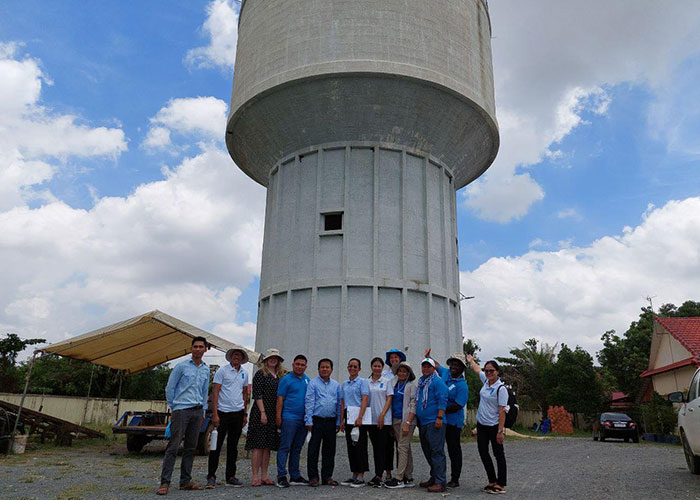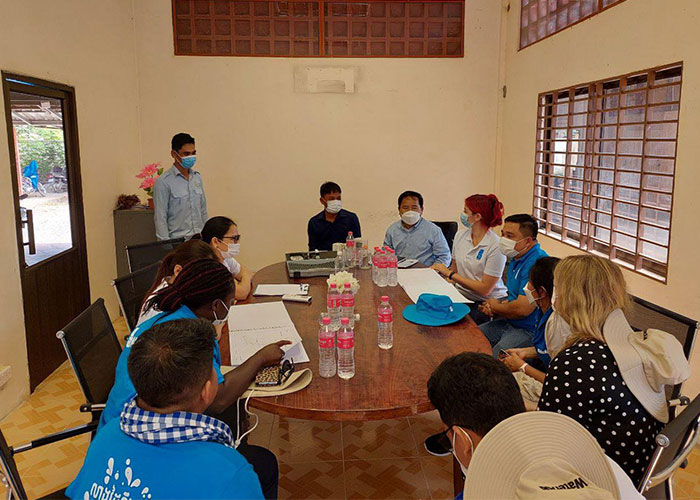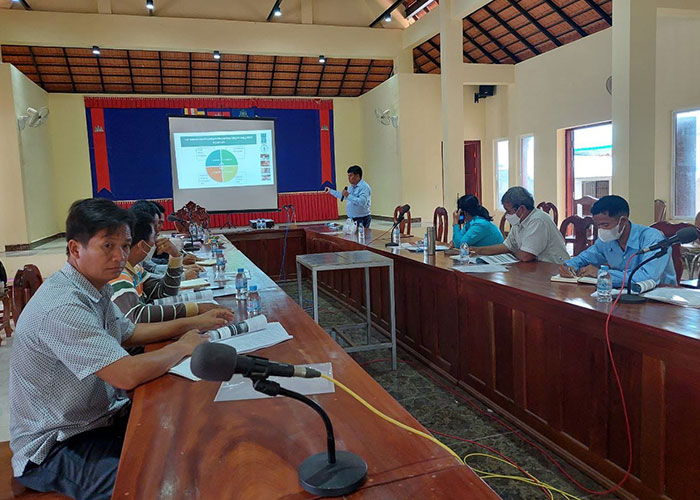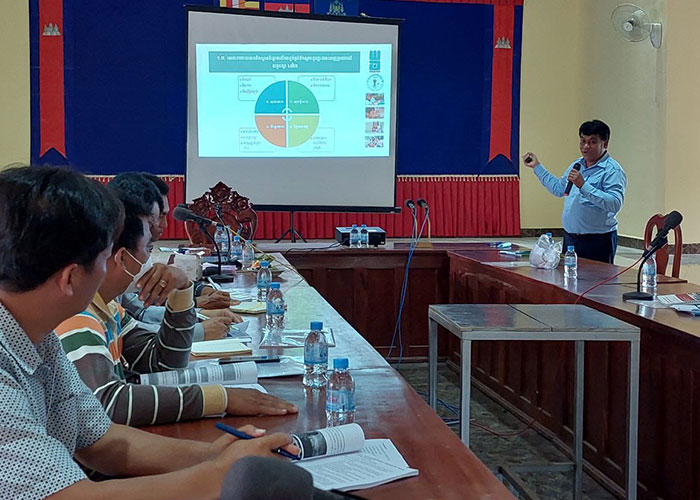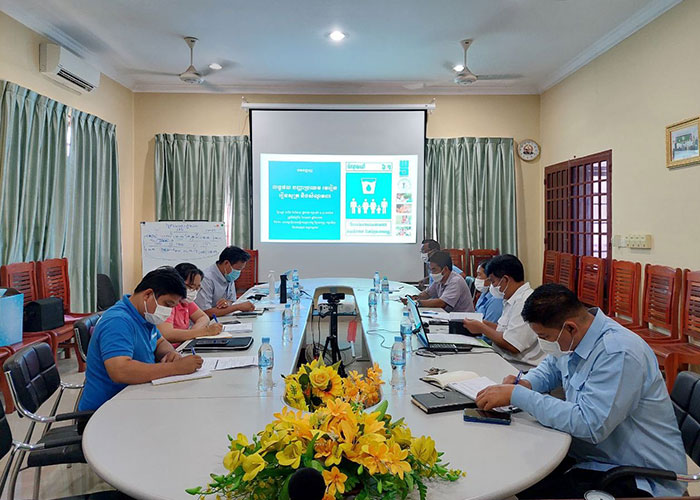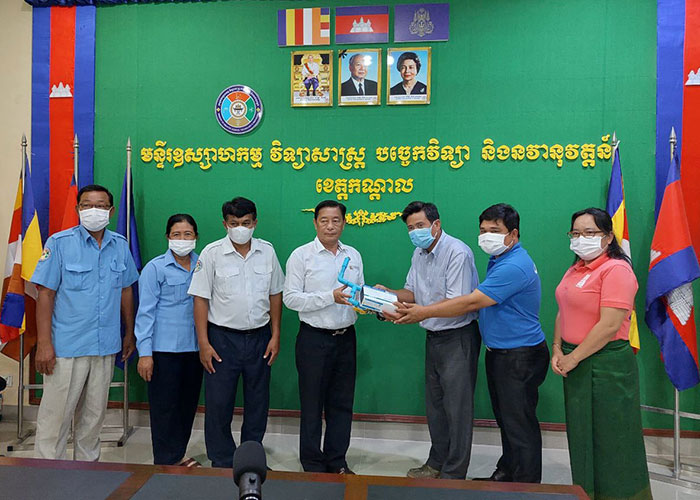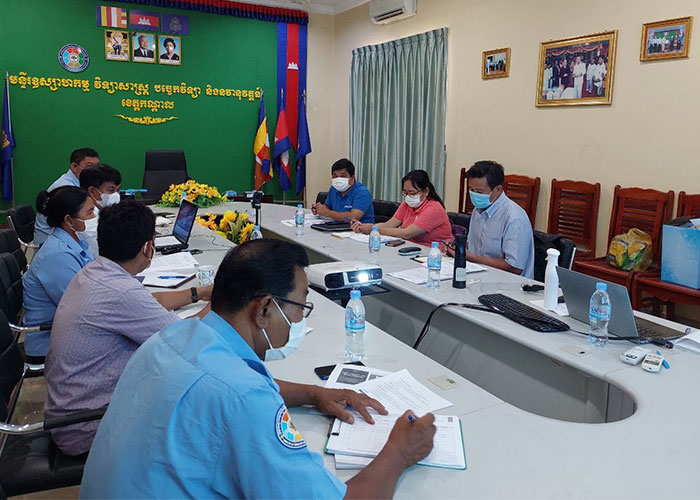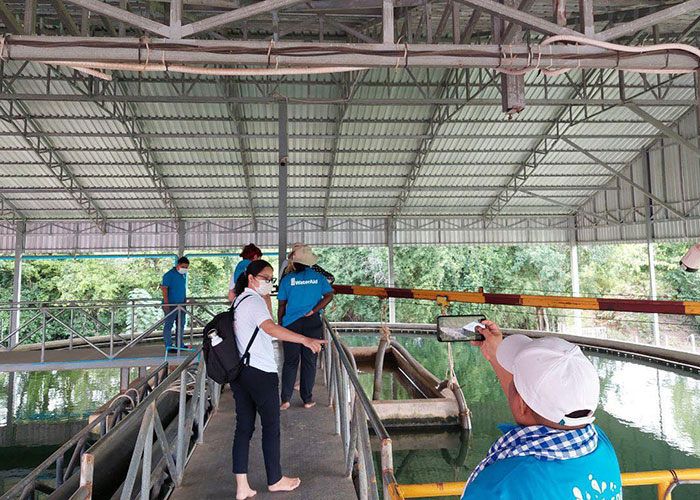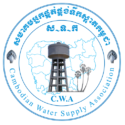
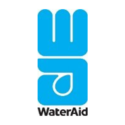
The Project
«Strengthening Service Provider Accountability for Improving
the Water Supply Services»

1 Background
The Cambodian Water Supply Association (CWA) is a neutral organization that brings together all water suppliers in Cambodia for the common benefit of all non-profit and non-partisan political party members. In 2021, the association received a grant from WaterAid Cambodia to implement a project called “Strengthening Service Provider Accountability for Improving the Water Supply Services” for a period of 2 years from the 25th January 2021 until December 31st 2022.
The project will contribute to the implementation of the policy of the Royal Government of Cambodia to encourage 100% of the people in the town to have clean water by 2025 and all people have access to quality water in accordance with water national standards level in 2030.
2 Project History
A total of the twenty-three private water operators whom are the CWA members are operating within six districts in the three provinces (Samaki Meanchey and Kampong Tralach Districts, Kampong Chhnang province, Kandal Steung and Ang Snoul districts, Kandal province, and Samrong Tong and Thpong districts, Kampong Speu province) will be joined with the project on Strengthening Service Provider Accountability for Improving the Water Supply Services. The two years project implementation is expected 30,000 people access to clean water, at least 20% of households who have family members are working at the Garment Factory and including the 460 of ID poor 1 & 2 households and most marginalized households (disabled, elder people, female-headed households and people living with HIV and AID) will be connected to the water supply and access to clean water.
The project design has taken into account the national program environment and has chosen interventions that have been identified as priorities for contributing to the achieving the target of the Royal Government of Kingdom of Cambodia, Sustainable Development Goal SDG-6:
-
-
-
- By 2025, 100% urban population access to safe, affordable and sustainable water supply, in which 90% supply from pipe water and 10% from other sources.
- By 2030, achieve universal and equitable access to safe and affordable drinking water for all.
-
-
Most poor households do not have access to clean water for the following reasons: 1). Do not understand the importance of clean water 2). Unable to pay water connection fee 3). No water supply service 4). There are no investors in the water sector. Therefore, WaterAid Cambodia and the Cambodian Water Suppliers Association (CWA) have collaborated on the project “Strengthening Service Provider Accountability for Improving the Water Supply Services“.
3 Project Objective and Outcomes
The Project Goal is to strengthen the roles and responsibilities of local authorities, private water operators and community to increase satisfaction with the water services provided by private water operators.
Long-term outcomes 1: The target population in Kampong Chhnang, Kampong Speu and Kandal provinces has increased awareness of the importance of clean water use.
Short-term outputs 1.1 Establish an accountability monitoring mechanism between private water operators and users.
Short-term outputs 1.2 Understand the feasibility of investing from various sources to support subsidies for connection.
Long-term Outcomes 2: increase the capacity of local authorities and private water operators to provide sustainable water supply services.
Short-term outputs 2.1 Support local authorities and water operators in Kampong Speu, Kampong Chhnang and Kandal provinces to monitor water quality and water quality testing of operators in accordance with government quality assurance standards.
4 Scope of The Project:
The Project is Implemented in Six Districts in Three Provinces:
-
- 1. Kampong Chhnang Province: Kampong Tralach and Samaki Meanchey districts
- 2. Kampong Speu Province: Samrong Tong and Thpong districts
- 3. Kandal Province: Ang Snoul and Kandal Steung districts.
5 Core Activities of The Project:
The Project Has The Following Main Activities:
-
-
-
-
- Project outreach meeting with partners and stakeholders
- Collection of early and late data with local authorities and private water operators
- Collect original data with (GPS) with poor families
- Provide training to sub-national authorities and private water operators
- Provide training to local authorities and operators, as well as support local authorities to test water quality and monitor water supply services.
- Provide water quality test equipment (residual chlorine parameters) to commune authorities
- Produce of promoting materials water service for private water operator
- Organize commune level meetings between local authorities and case study visits to clean water stations
- Organize district meetings with sub-national authorities
- Organize community meetings to promote clean water supply services
- Contribute capital to connect clean water to 460 poor families with poor1 and poor2 in the service area of the station that receives the subsidy project.
-
-
-
6 Contribute Capital to Connection to Clean Water For 460 Poor Families:
Connection Fees for Poor Families with The Following Subsidies:
-
-
-
- Contribution from poor families $ 10 / a connection
- Contribution from the project $ 34 / a connection
- Contribution from private water operators for alleviate of poor households and WaterAid.
-
-
Connection Conditions For Poor Families:
-
-
-
- Families poor1 and poor2 cards with the following additional conditions:
-
-
-
-
-
- 1. Poor – there is women family header
- 2. Poor – there is disabled family members
- 3. Poor – family there is children under 5 years
- 4. Poor – family there is an elderly over 65 years old
- 5. Poor – Family there is living with HIV
-
-
-
-
-
- Private water operators must have a “contract water connection letters”
- Poor families must make a copy of poor card1 and 2 and ID card (if any need)
-
-
7 Roles and Responsibilities of Stakeholders Within Project:
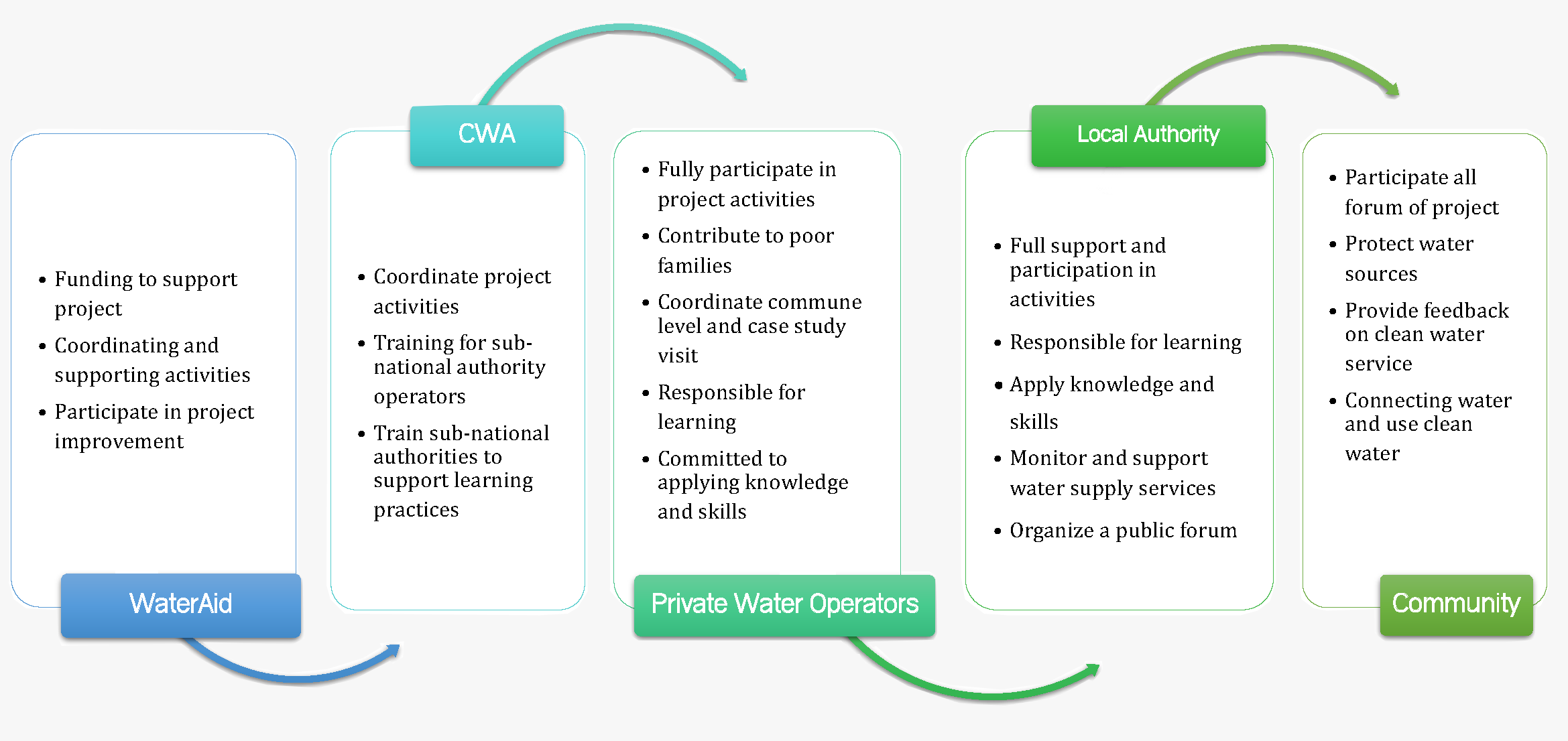
8 Benefits For Participating Within Project:
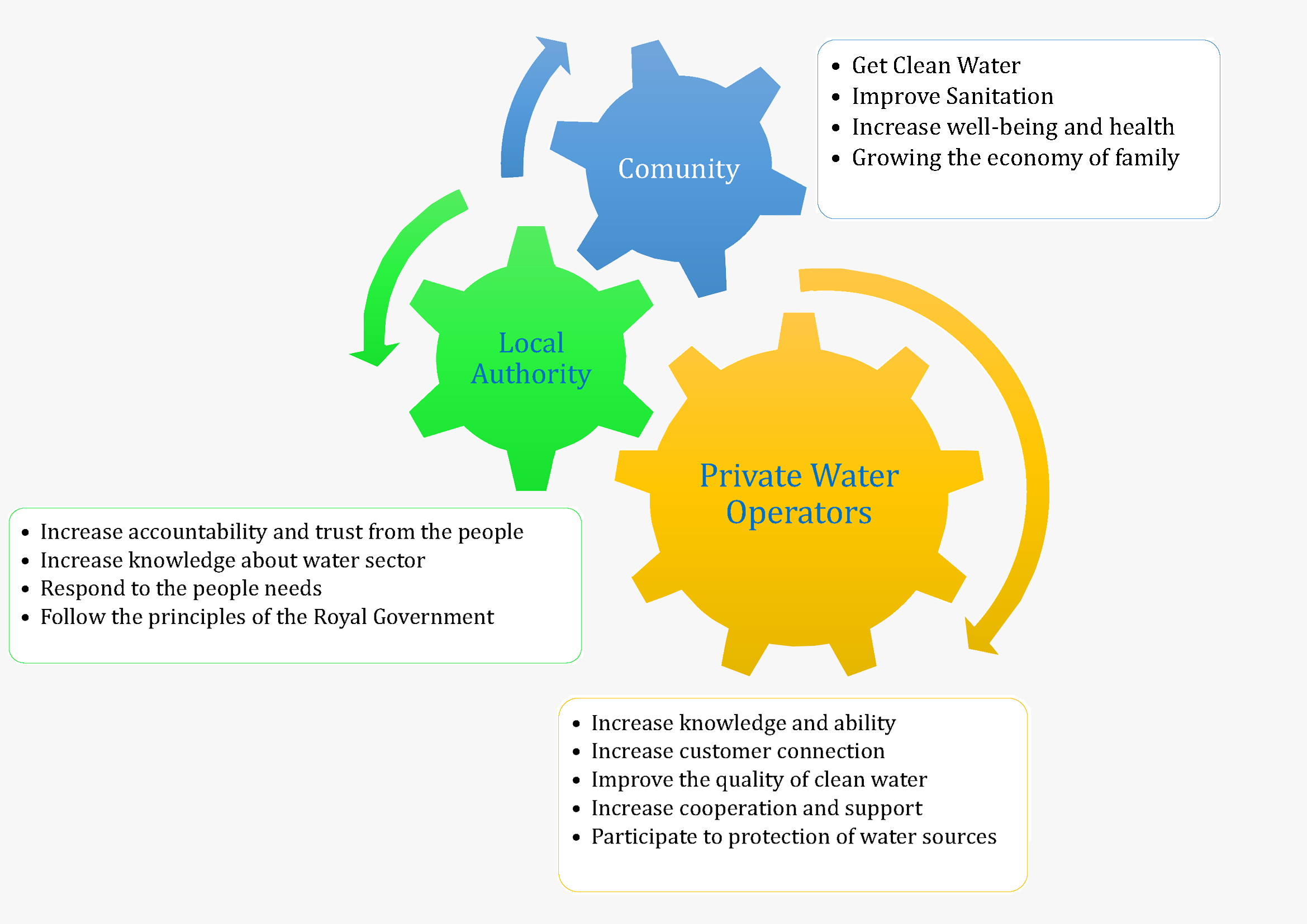
9 Benefits for Participating Within Project:
Department of Industry Science Technology and Innovation:
-
-
- Facilitate to the participate to involve in some activities within projects
- Co-organize and participate in meetings, trainings and coaching sessions
- Monitor water quality and water supply services
- Support water supply service
- Provide feedback and recommendations on implementation within project
- Support on activities after the project has completed and project will continue.
-
Private Water Operators Who Are Members of The CWA:
-
-
- Provide practical information (not misleading information) to the CWA
- Collaborate to provide clients data connection with vulnerable and factory workers clients
- Facilitate to participate in events activities regularly and consistently.
- Take time to participate in project activities such as: on time able, traveling, food etc.
- Contribute to increase connection for poor families, organize commune, community meetings and case study visits
- “Get Knowledge Convert to Real Practice”
-
District Authority:
-
-
- Allow a venue for organizing a meeting to disseminate the project, consulting meeting between sub-national authorities and private water operators and training
- Collaborate and facilitate to invite the stakeholders to participate within meetings or training sessions
- Facilitate to participate within the activities of the projects
- Monitor and support water supply services
-
Commune Authorities:
-
-
- Authorize the venue for conducting meetings between sub-national authorities and private water operators or training sessions.
- Collaborate and facilitate to invite to the stakeholders to attend meetings or training sessions
- Facilitate to participate within the activities of the projects
- Record the complaints from people related to clean water service
- Monitor water quality and private water supply services
- Support private water supply service
- Invite clean private water operators to participate for semi-annual meetings and public forums.
-
